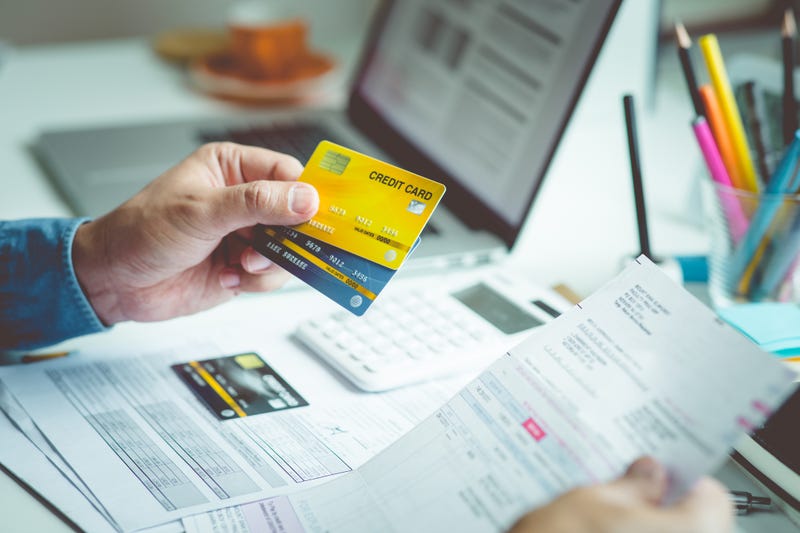
The current state of the economy is enough to confound even seasoned economists. Americans are feeling squeezed by high prices across the board, but it hasn’t necessarily slowed their overall spending. Economist Walter “Dub” Lane points out that Americans who have felt price gouged have increasingly turned to credit cards. He adds that many people felt pent-up demands after the COVID pandemic and spending was rampant. Many Americans used credit cards to fund that spending and now the U.S. collectively owes around $1.14 trillion on their credit cards, a higher amount than at any other time in history. The Urban Institute reported in May that 60% of consumers are buying groceries with credit cards. With that added credit card debt has come plenty of delinquency as well. This may account for the collective feeling that everyone is cash strapped while the money is still flowing. The New York Fed reported that roughly 9.1% of credit card balances went into delinquency within the past year.
Lane is also quick to point out that, economically speaking, we are in uncharted waters. That leaves many economists scratching their heads when it comes to predicting any lasting trends that may lie ahead. While inflation has slowed, that doesn’t mean prices will go down. Wage increases have been outpacing inflation, but that doesn’t automatically mean relief for many.
To add to the confusion, the US recently had to roll back its New Job Creation numbers dramatically. In fact, in its biggest adjustment ever, there was a reduction of 850,000 from previous estimates just last month.
However, even after that massive correction, Lane says that number is now what would be a “normal” job creation rate pre-COVID. We remain in strange economic times all these years after the COVID pandemic changed everything, and we may have to remain patient while waiting to see what “normalcy” looks like in the years ahead.
